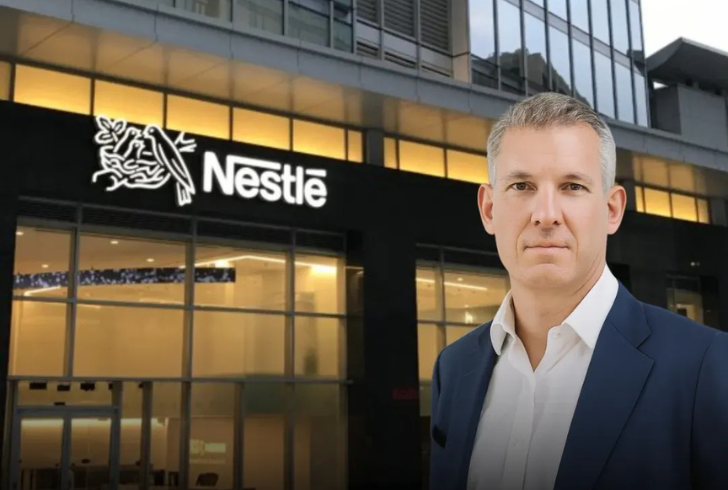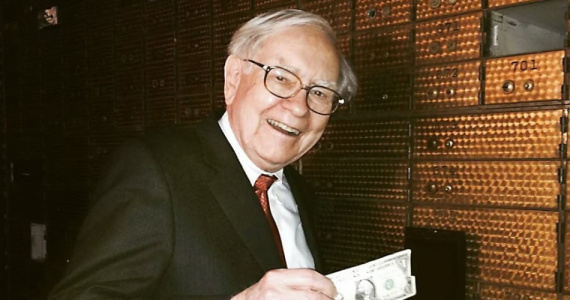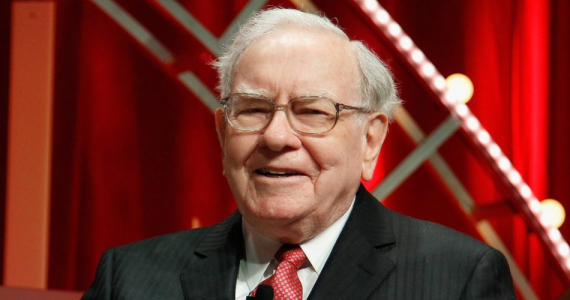Nestlé is preparing for one of its biggest shake-ups in years. The food and beverage giant confirmed plans to cut 16,000 jobs over the next two years. The move comes as new CEO Philipp Navratil pushes a tighter strategy focused on products with the highest potential returns.
He explained that Nestlé must move faster and think competitively to keep up with today’s changing markets. His goal is to build a culture that values performance, rewards results, and stops accepting lost market share to rivals.
The decision follows a turbulent year for the Swiss-based company after former CEO Laurent Freixe was dismissed over an internal investigation.
A Major Shift in Strategy

Nestlé announced the cuts while reporting stronger sales across its key categories, including coffee and sweets. The company’s lineup includes popular brands such as Nescafé, KitKat, and Maggi.
According to the update, 12,000 white-collar positions and 4,000 additional roles across departments will disappear. Nestlé expects these changes to save around 1 billion Swiss francs (£940 million) each year.
Investors reacted quickly. The company’s stock jumped 7.5% shortly after the announcement, signaling strong market confidence in Navratil’s new direction.
Driving a Culture of Accountability
Navratil stated that Nestlé’s transformation requires “hard but necessary decisions.” He emphasized that the company aims to bring greater transparency to its operations and streamline costs without slowing innovation.
Market analysts agreed. Diana Radu of Morningstar said the CEO’s actions show an intent to “reset expectations and rebuild investor confidence through measurable actions.”
The timing of Nestlé’s new direction is no coincidence. In 2024, the company was again under scrutiny after reports showed baby foods sold in lower-income countries contained significantly higher sugar than those marketed in richer regions—a revelation that stung its reputation for ethical inconsistency.
Leadership Turmoil and Market Pressures

The recent management shuffle reaches beyond the CEO’s office. Former chairman Paul Bulcke also stepped down earlier than expected after months of investor unease about the company’s sluggish performance.
Victoria Scholar, head of investment at Interactive Investor, said new CEO Navratil’s assertive start “signals a willingness to rewrite Nestlé’s playbook.” Investors, she added, have been eager for a steady hand and a sharper strategic focus after a period of drift.
Still, the company faces steep headwinds. Tariff disputes, heavier debt loads, and aggressive competitors continue to pressure margins and strategy alike.
Pushback From Labor Groups
Union leaders, however, aren’t applauding. Unite has already vowed to resist any restructuring that could threaten British jobs, warning that it will “fight back” if layoffs emerge in factories across York, Halifax, Dalston, Tutbury, and Buxton Water.
Unite’s general secretary Sharon Graham condemned the prospect of cuts, noting that “profits in the billions make redundancies indefensible.” Her remarks capture a growing frustration among workers who feel they’re paying for executive missteps.
Nestlé’s next chapter may hinge on balance—between satisfying investors and keeping its workforce intact. Navratil’s challenge will be to prove that reform can coexist with fairness.





